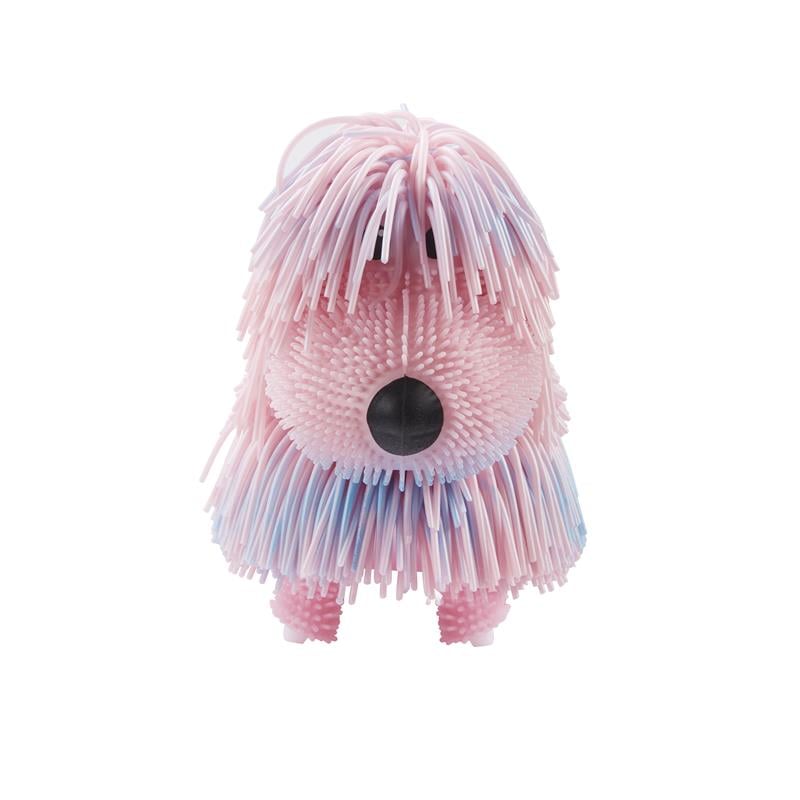There is a scene from a series called Joan of Arcadia (a truly undervalued series from the early 2000s) where Joan asks teen boy God to show her a miracle, and he points to a tree. She says “that’s just a tree” and he replies “Lets see you make one”
Do you believe in magic?


You say that like the lack of consent was some trifling detail
She didn’t have a say in it, so how did she personally help? I’m not trying to diminish the good that the research has done, but saying Henrietta Lacks helped science implies she made a conscious decision.
If I was sleeping and my wife took a glass of water from my bedside table and extinguished a fire, did I help put out the fire?
You are diminishing her help, whether you want to or not. People do things all the time without making a conscious decision, especially when it comes to bodily functions. Are you consciously breathing right now? Are you consciously converting food into energy and waste?
How would someone “consciously” donate valuable cells anyway? How would you know that your cells were some amazing breakthrough? All tissue donation is done unconsciously, usually while the patient is unconscious (or dead).
The consent issue is “trifling” compared to the amount of good it did. Her cells have literally helped billions of people and she wasn’t hurt by the donation at all. It’s an important ethical issue for armchair philosophers who can ignore the deaths that would have happened without this tool.
What’s “trifling” is your comparison with the Tuskegee experiment, which was just cruelty in action that helped nobody.